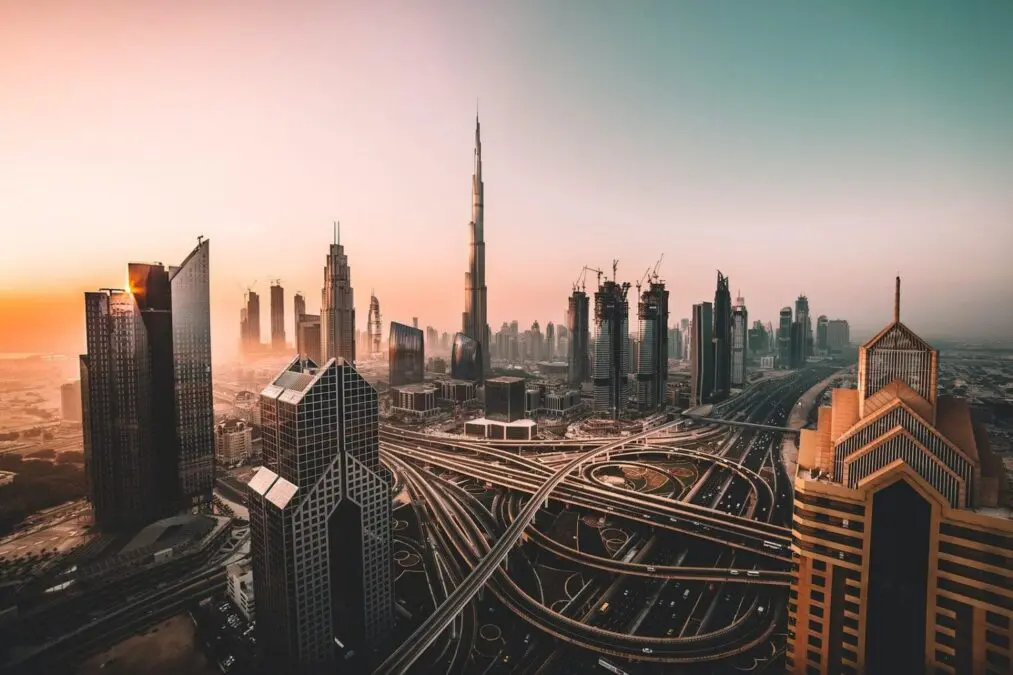Ladies and Gentlemen,
Let me first thank Ambassador Claes and the Belgian pavilion, for hosting tonight’s dinner.
It is a pleasure to sit down and share food with all of you in person.
The Covid crisis has reminded us about the value of sharing meals together.
The pandemic has also reminded us about the importance of open trade and keeping food supply chains functioning.
As I’m sure many of you know, the EU is one of the major suppliers for agri-food products to the UAE and the Gulf coast region.
Throughout the pandemic, we have worked hard to maintain this supply. As we slowly begin to emerge from the pandemic, we hope to boost this supply, and to share more of our products with this part of the world.
Since 2019, we have been running a promotion campaign in this region using the slogan “More Than Food”.
The “More Than Food” campaign tells the story of what makes our products special.
It is a story of Safety – all EU food products comply with strict standards and controls, and are traceable from farm to fork. Because the EU checks everything, from pesticide use to packaging, consumers can enjoy European-labelled food products with the assurance that they are safe.
It is a story of Quality and Authenticity – as well as upholding modern quality standards and innovation, European foods celebrate traditional methods and flavours. Our products are rich and authentic because they are created among a wide diversity of soils, climates and cultures, following traditions that date back to centuries ago with particular know-how.
Many EU products, including those served tonight, benefit from protected designations of origin or geographical indications. This system helps preserves the link between a product, its territory, and local know-how, ensuring that you, the consumers, benefit from the best, authentic European products.
Finally, it is a story of Sustainability – the EU pushes for more sustainable agricultural practices, with the ambition of becoming a global leader in agro-ecology, as well as innovative agriculture and food science technologies.
For example, some of the products served today are labelled organic. Organic production deliver only a limited environmental impact, while providing consumers with products free from additives, processing aids, GMOs and chemical residues.
With a target of at least 25% of the EU’s agricultural land under organic farming by 2030, more and more products from the EU are certified as organic.
Without further ado, I would like to thank all of you who have gathered for tonight’s dinner.
I hope you enjoy the creations offered by our distinguished chefs coming from the Netherlands, Belgium, and my home country of Poland.
And I hope you enjoy the safe, authentic and sustainable food and beverages, produced by farmers from across the European Union.
Thank you, and bon appetite!







